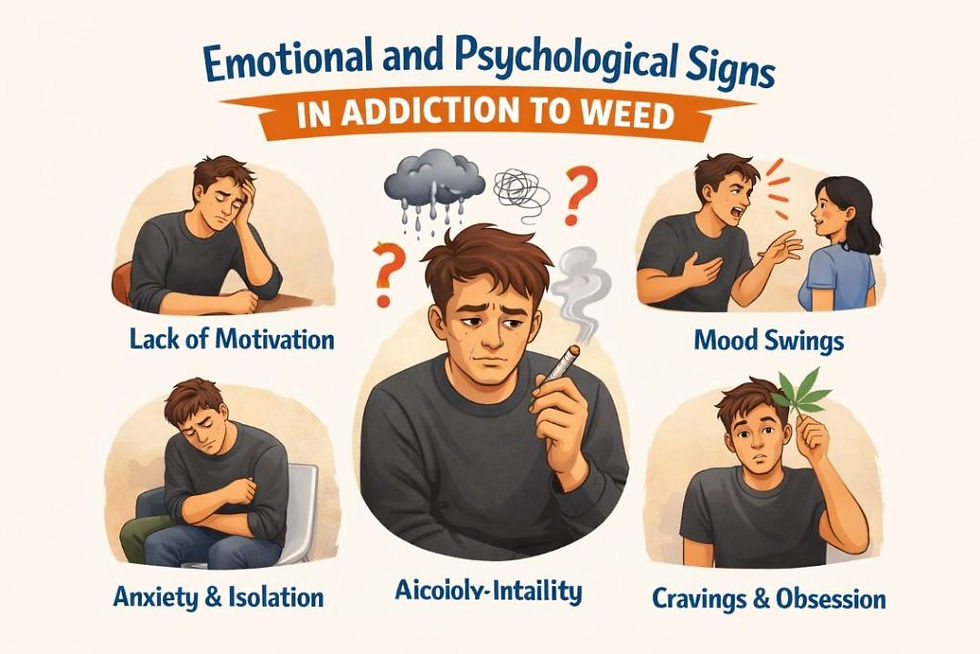Understanding Interdependence and Codependence: A Comprehensive Overview
- Felicia Parris

- Jan 24, 2024
- 2 min read
Updated: Feb 7, 2024
In the complex world of human relationships, it can be difficult to distinguish between interdependence and codependence. Although both involve depending on others, they have fundamentally different dynamics and outcomes. Understanding the difference between these two concepts is crucial to building strong and fulfilling relationships.

Interdependence: A Balanced Partnership
Interdependence epitomizes a mature and balanced relationship where individuals acknowledge mutual needs and choose to support each other while preserving their autonomy. This partnership thrives on trust, respect, and a shared commitment to contribute positively to the relationship.
Key Characteristics:
Respect for Individuality: Interdependent partners value and encourage each other's personal growth, recognizing and supporting unique strengths, interests, and goals.
Healthy Boundaries: Clear and respected boundaries form the foundation of interdependence, facilitating open communication and ensuring both parties feel secure.
Shared Responsibility: Interdependent partners collaborate on responsibilities and decision-making, acknowledging the impact of their actions on each other.
Codependence: An Unhealthy Reliance
Codependence represents an unhealthy pattern of depending on another person for emotional fulfillment and self-worth. It manifests as an excessive need for approval and fear of abandonment, often resulting in behaviors that compromise individual well-being.
Key Characteristics:
Excessive Dependence: Codependent individuals heavily rely on their partners for emotional support and validation, often feeling incomplete without them.
Lack of Boundaries: Codependent relationships lack clear boundaries, leading to enmeshment and a loss of personal identity as partners become overly involved in each other's lives.
Unequal Power Dynamics: Unhealthy power imbalances emerge, with one partner relying on the other for emotional support, fostering resentment and control issues.
Impact on Relationships:
Interdependence:
Promotes Personal Growth: Encourages individual development within a supportive environment.
Enhances Emotional Stability: Provides a sense of security and support, contributing to emotional stability.
Strengthens the Relationship: Partners work collaboratively, strengthening the bond and overall relationship.
Codependence:
Hinders Personal Growth: Prioritizing the partner's needs may impede individual growth and development.
Creates Emotional Instability: This leads to anxiety, fear of abandonment, and emotional instability.
Damages the Relationship: Unhealthy power dynamics contribute to toxicity, fostering resentment and conflict.
Learn more about in detail between interdependence and codependence. It is crucial for building and sustaining healthy relationships. Through self-awareness, open communication, and professional guidance, individuals can navigate the complexities of relationships, fostering a foundation of mutual growth, respect, and fulfillment.
Self-Reflection and Seeking Help:
Contact Deland Treatment Solutions if you're concerned about a codependent relationship. We help you break bad habits and build a healthier relationship. For information on our mental health programs, call us today at (386) 866-8689



Comments